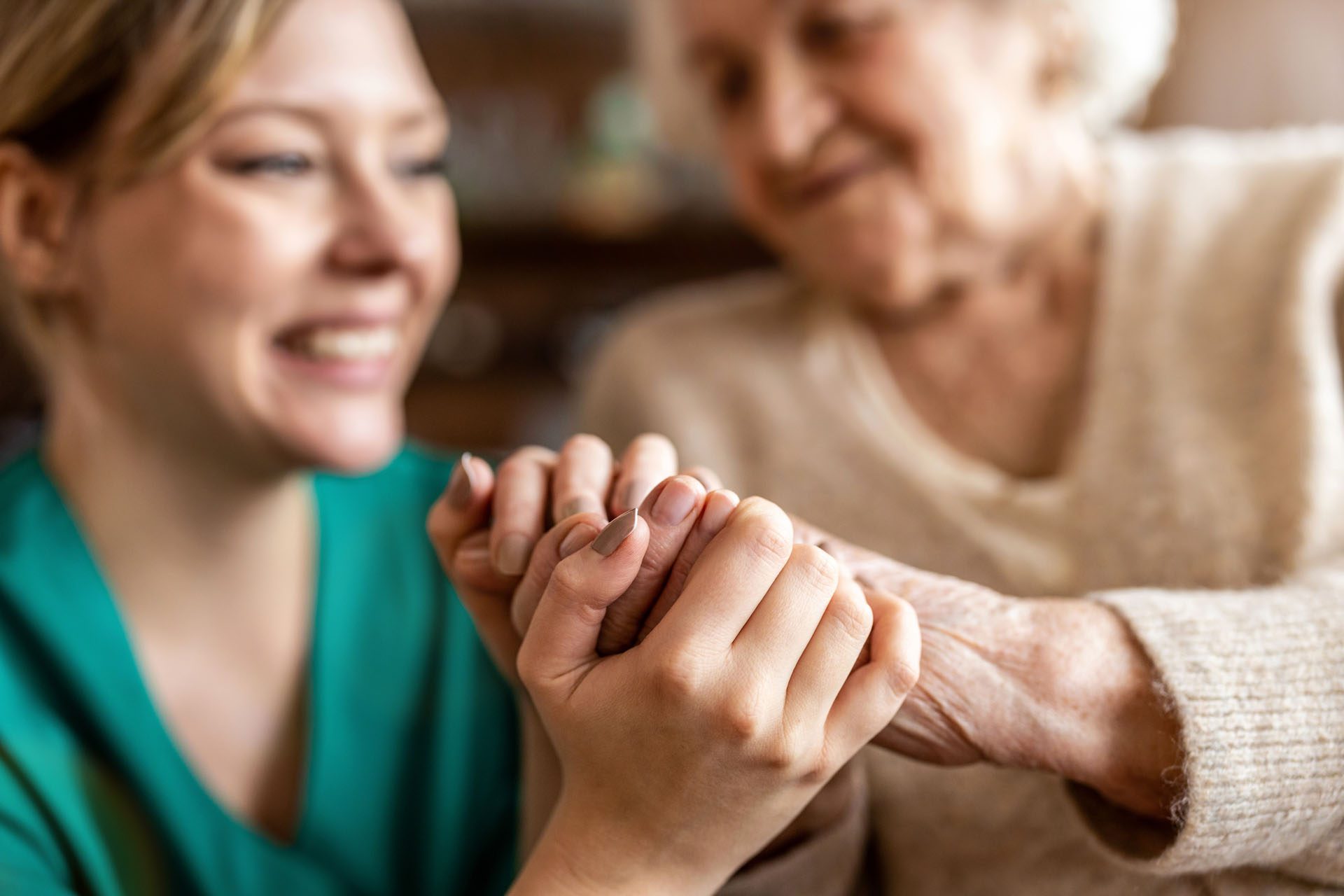Why Health Equity Starts with Supporting Women and Children
Health equity isn’t just a goal; it’s a fundamental pillar of a sustainable healthcare system. Yet the populations at the heart of family, workforce, and community well-being, women and children, continue to face persistent disparities in health access, outcomes, and support. Achieving true health equity begins with a comprehensive, life-stage approach to care that recognizes women as more than patients. They are caregivers, health decision-makers, and the crux of generational wellness.
The Foundation of Family and Community Health
Women account for approximately 80% of the healthcare decisions made for families in the United States. They are often the first to notice when a loved one needs care, coordinating appointments, managing medications, and providing both emotional and physical support to family members. With this deep focus on tending to others, many women delay or forgo their own care.
From adolescence to menopause and beyond, women face unique health challenges at every stage of life, including concerns related to mental and reproductive health, chronic disease, caregiving responsibilities, and age-related cognitive decline. Supporting women’s health requires personalized, ongoing support that evolves as their roles shift.
GoMo Health has partnered with health plans, hospitals, and public agencies to implement engagement programs that improve outcomes for women and families, particularly in under-resourced communities. For example:
- Maternal Child Health program participants experienced a 28% reduction in NICU admissions and a 60% increase in prenatal appointment adherence, contributing to healthier birth outcomes and lower costs of care.
- Caregiver Concierge programs for women supporting aging parents or children with developmental disabilities saw more than 72% of participants report improved confidence in managing care, while emergency department visits decreased by 22%.
These outcomes are driven by the GoMo Health proprietary BehavioralRx® science, which delivers personalized, culturally relevant, digital support based on emotional, behavioral, and cognitive triggers.
Disparities That Span a Lifetime
In the United States, women, especially Black, Indigenous, and Latina women, are disproportionately affected by gaps in healthcare access, maternal mortality, and mental health support.1 Black women are three times more likely to die from pregnancy-related causes than white women.2 But this is only one chapter in a much broader story. The healthcare system often overlooks the mental health of adolescent girls, chronic conditions in midlife women, and dementia and Alzheimer’s support for older women.3
These disparities aren’t theoretical; they are well-documented and solvable with targeted intervention. Supporting women and children early and consistently creates a ripple effect on public health. Women are the primary healthcare decision-makers for their families,4 meaning that when they are equipped with knowledge, tools, and emotional support, their families benefit.
Research also shows that a child’s health is directly tied to the physical and emotional well-being of their mother or caregiver. Children are affected by inequities early in life. Those in lower-income or minority communities are more likely to face delays in diagnosis for autism, asthma, and learning disabilities. When these conditions go undetected or are diagnosed late, families miss critical windows for early intervention, which can lead to poorer health outcomes, increased long-term care needs, and reduced academic and developmental progress for children. 5
Investing in comprehensive support programs that include maternal mental health, child development, chronic condition management, and caregiver well-being is one of the most effective ways to close systemic gaps in care. Supporting the health of children starts with ensuring their primary caregivers, most often women, are stable and healthy.
Health Equity Requires Holistic, Personalized Support
By equipping women with ongoing emotional support, education, and tools to navigate their own health and the health of those they care for, the entire continuum of care benefits. Research confirms that when maternal or caregiver mental health improves, so do child developmental outcomes.5 When chronic conditions are managed through behavioral engagement, costs decrease, and quality of life improves.
Health equity requires a whole-person, whole-family engagement strategy tailored to women at every stage of life, including childhood, early adolescence, pregnancy, postpartum, menopause, caregiving, and aging. Solutions like the GoMo Health Women, Children, and Family (WCF) Engagement Hub are built to do just that. These programs bridge gaps in care, strengthen family units, and drive better health outcomes through personalized support.
True health equity starts with recognizing and responding to the complex, changing needs of women and children. By supporting women not just during pregnancy, but throughout every phase of life, family outcomes improve, communities strengthen, and a more resilient healthcare system is built.
Learn more about our program for women and children!
Click Here!References:
- World Health Organization. Nurturing care for early childhood development: A framework for helping children survive and thrive to transform health and human potential. https://www.who.int/publications/i/item/9789241514064
- Centers for Disease Control and Prevention. Pregnancy-related deaths. https://www.cdc.gov/reproductivehealth/maternal-mortality/pregnancy-mortality-surveillance-system.htm
- Child Trends. Racial and ethnic disparities in children’s health and health care. https://www.childtrends.org/publications/racial-and-ethnic-disparities-in-childrens-health-and-health-care
- U.S. Department of Labor. Women and caregiving: Facts and figures. https://www.dol.gov/agencies/wb/data/facts-over-time/women-and-caregiving-facts-and-figures
- National Institute for Children’s Health Quality. Maternal mental health impacts children’s development. https://www.nichq.org/insight/how-maternal-mental-health-impacts-child-development







Find Us Online